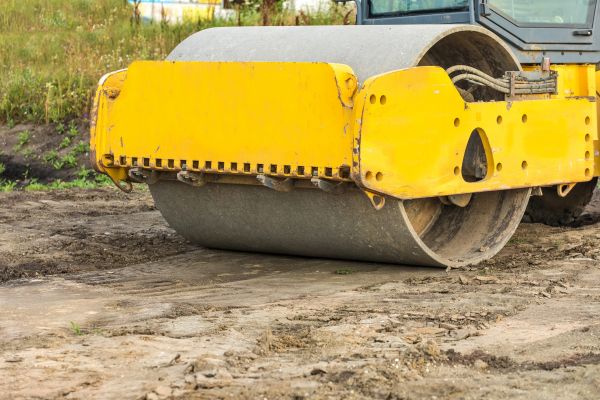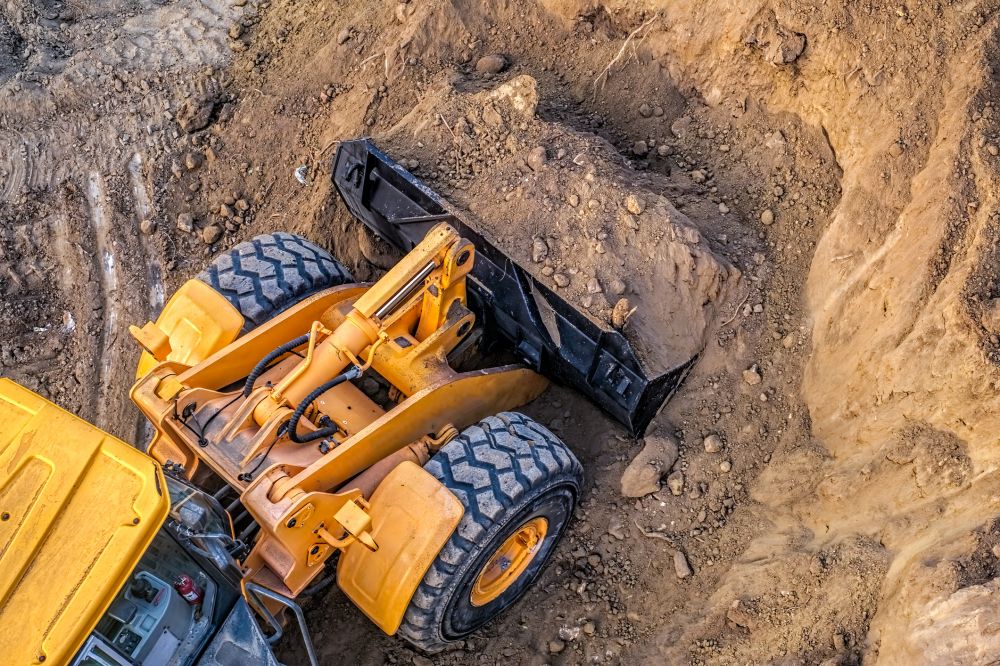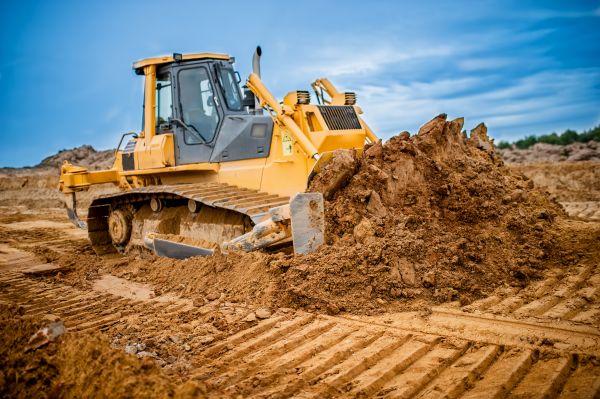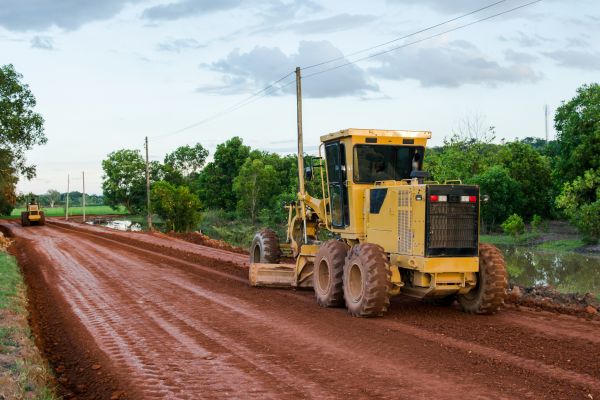Land Leveling Service
Affordable Land Leveling
Land leveling is a critical process in agriculture and construction that involves the reshaping of land to create a flat or gently sloping surface. This process is essential for ensuring even distribution of water, preventing soil erosion, and optimizing land use. By creating a uniform surface, land leveling enhances the efficiency of irrigation systems, reduces water wastage, and improves crop yields. Additionally, it prepares land for construction projects by providing a stable foundation, which is crucial for building structures and infrastructure.
Benefits of Land Leveling
-
Improved Water Management
Proper land leveling ensures that water is distributed evenly across the field, reducing runoff and promoting better absorption. This leads to more efficient use of water resources, which is vital in areas prone to drought or with limited water supply. -
Enhanced Crop Yields
By preventing waterlogging and ensuring uniform soil moisture, land leveling creates optimal conditions for crop growth. This results in healthier plants and potentially higher yields, which can significantly impact agricultural productivity. -
Reduced Soil Erosion
A leveled field minimizes the risk of soil erosion by reducing the speed and volume of water runoff. This helps maintain soil fertility and prevents the loss of valuable topsoil, which is essential for sustainable farming practices. -
Efficient Land Use
Leveling land maximizes the usable area, allowing for more effective planning and utilization of space. This is particularly important in construction, where a stable and flat surface is necessary for building foundations and infrastructure development.
FAQs About Land Leveling
What is land leveling used for?
Land leveling is used to create a flat or gently sloping surface that facilitates better water management, reduces soil erosion, and prepares the land for agricultural or construction purposes.
How does land leveling improve irrigation?
By creating a uniform surface, land leveling ensures even distribution of water, reducing wastage and enhancing the efficiency of irrigation systems.
Is land leveling necessary for all types of soil?
While land leveling is beneficial for many types of soil, its necessity depends on the specific requirements of the land use, such as the type of crops being grown or the nature of the construction project.
Can land leveling prevent flooding?
While land leveling can help manage water distribution and reduce runoff, it is not a substitute for comprehensive flood prevention measures.
Fill out the contact form to request Land Leveling services today and experience the benefits of professional land leveling.




